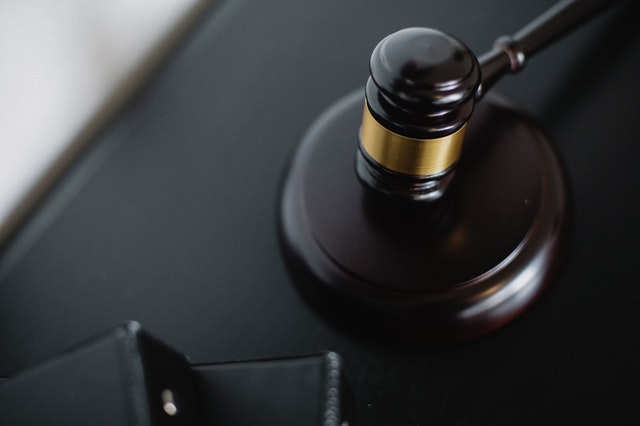Yes. The Prison Litigation Reform Act (also called the “PRLA”) became law in 1996. This act makes it harder for prisoners to sue the government. So, if you have a loved one in federal prison who wants to sue the government, you need to know what you’re up against.
What is the Prison Litigation Reform Act?
The Prison Litigation Reform Act creates restrictions on prisoners’ abilities to file lawsuits. At the time, lawmakers claimed the act would do the following:
- Reduce the number of court cases by prisoners
- Allow prisons, rather than courts, to resolve their issues
- Cut down on the number of frivolous lawsuits
These goals sound good in theory. But the PRLA also makes it harder for prisoners to bring good claims.
What does the Prison Litigation Reform Act do?
The federal law itself (42 U.S.C. § 1997e) is short but hard to read and understand. In short, the PRLA makes prisoners take more steps before they can sue the government. It makes prisoners exhaust their remedies, pay filing fees and show a physical injury.
Exhausting Administrative Remedies
The Prison Litigation Reform Act makes prisoners do a few things before filing a lawsuit. This means that prisoners must go all the way through the prison’s grievance process first. Sometimes, this could be as simple as writing a letter. Usually, though, it means going through several steps after that, too.
The best way to know what your prison requires is to review the facility’s grievance policy. Bureau of Prisons staff should provide these policies to you if you ask. And, most importantly, you have to follow that process every step of the way. If you don’t, a court can dismiss your lawsuit immediately except for in some very limited situations.
Paying Filing Fees in Full
The Prison Litigation Reform Act also requires that prisons pay filing fees in full. Because most prisoners don’t have resources, they often rely on fee waivers to file lawsuits. But the PRLA prohibits courts from waiving those fees. But it does allow prisoners to pay their fees over time rather than all at once. To pay these fees, prisoners can use funds from their commissary account.
Even if paying their fees over time, though, prisoners still have to pay an initial filing fee. This fee is 20% of their commissary account’s average balance or average deposit. After the first payment, prisoners must pay 20% of their income in prison each month until they pay the fee in full. Prisons must help prisoners determine this fee.
Showing a Physical Injury
The Prison Litigation Reform Act also limits what types of injuries you can sue for. You can sue for physical injuries. You can sue for emotional and mental injuries as well, but you have to show a physical injury, too.
The physical-injury limitation only applies if you seek money damages. If you are only seeking to change prison policies, you don’t have to show physical injury.

The “Three Strikes” Provision
The PLRA also allows judges to stop you if you file frivolous lawsuits. The act imposes a “three strikes” rule. Each time a judge deems a case “frivolous,” it counts as a “strike.”
Once you have three “strikes,” you must pay the entire filing fee before you can file another lawsuit. The only exception to the “three strikes” rule is if the court determines you are in “imminent danger.” In that situation, courts can waive the pay-up-front rule.
The Takeaway:
The Prison Litigation Reform Act makes it harder for prisoners to sue the government. It has helped courts move quicker in some cases. But it has also kept prisoners from bringing many important lawsuits as well. If you are a federal prisoner or have a loved one in federal prison who wants to sue the government, take time to understand what the PLRA requires.






